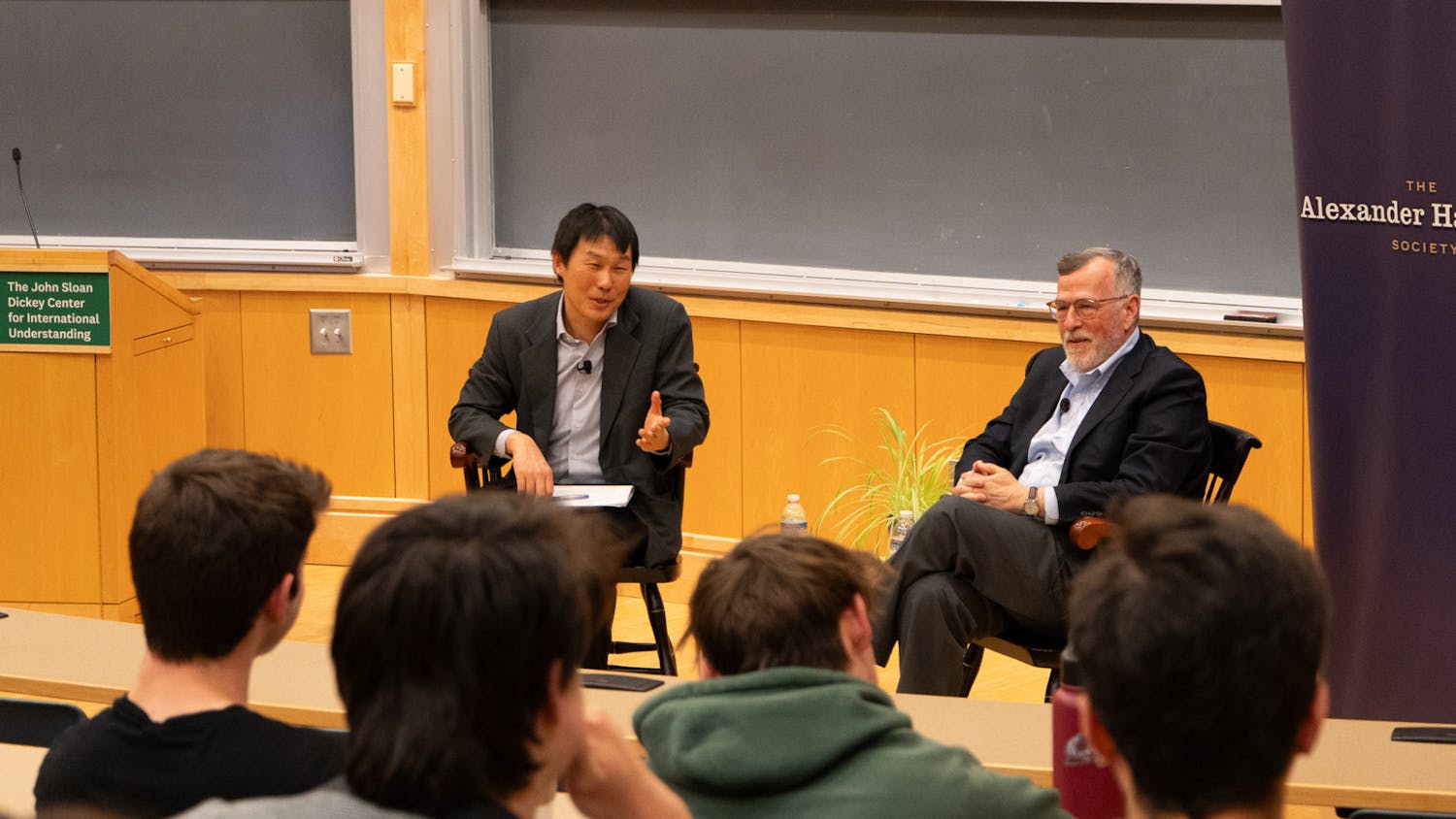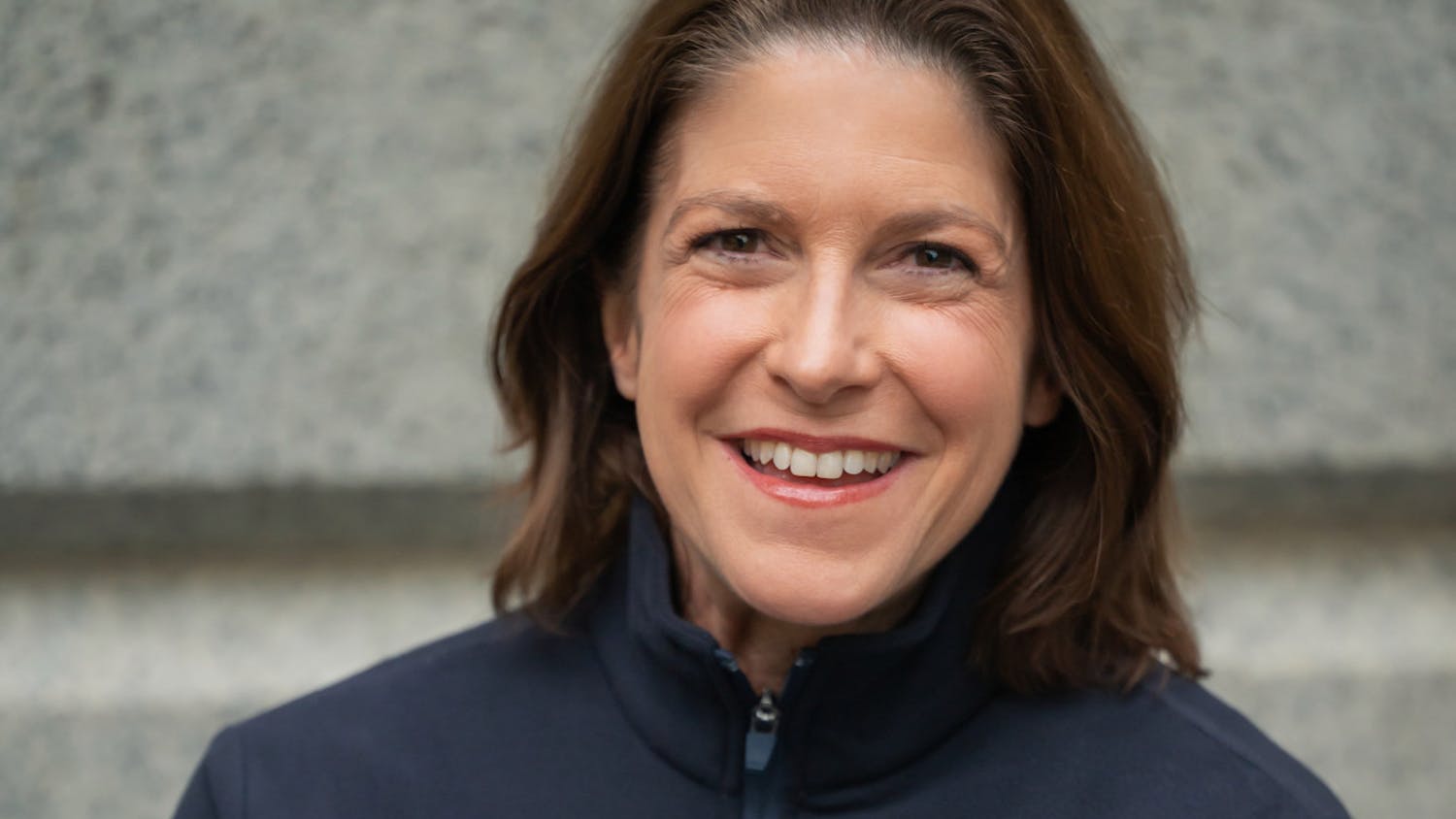Taxpayer rights and individual privacy are on the ballot this November. In addition to electing local, state and federal representatives, New Hampshire voters will have the chance to approve two new amendments to the state constitution. Question 1 would amend the constitution to allow any registered voter to sue the state over alleged misuse of taxpayer dollars, and Question 2 would add language to the document establishing the right of all individuals to “live free from governmental intrusion in private or personal information.”
Specifically, Question 1 will amend Article 8 of the state constitution so that any taxpayer is able to sue when “public funds” are used “in violation of a law, ordinance, or constitutional provision.” The proposed text stipulates that “the taxpayer shall not have to demonstrate that his or her personal rights were impaired or prejudiced beyond his or her status as a taxpayer” in order to establish standing for the suit.
The amendment, which passed the New Hampshire House of Representatives with a vote of 309-73 and the New Hampshire Senate 22-2, comes after the New Hampshire Supreme Court ruled in 2014 that Bill Duncan, a former member of the New Hampshire State Board of Education, had no standing to challenge a new set of education tax credits on the grounds that Duncan could not prove personal injury. The decision struck down a 2012 amendment to state law allowing taxpayers to establish standing for a lawsuit without proving impairment of their personal rights.
According to Duncan, shortly after the ruling, legislators began working with widespread bipartisan support to craft the “best language on which everyone could agree” for an amendment that would legitimize suits like Duncan’s.
New Hampshire Representative Polly Campion said she believes that the issue covered by Question 1 is important for taxpayers.
“Taxpayers need to have the ability to hold their government officials accountable for how taxpayer funds are spent,” Campion said.
University of New Hampshire School of Law professor Albert Scherr said that the approval of Question 1 would be a return “to the way things used to be” before the 2014 Supreme Court ruling.
“The world existed fine when there was taxpayer standing,” Scherr said.
He noted that the previous existence of taxpayer standing is evidence that the proposed amendment would not create an absurd number of law suits against the state.
However, Campion expressed reservations regarding the specifics of the amendment, mainly concern that the amendment, as worded, would create “a multitude of lawsuits that would end up clogging up an already over-burdened judicial system.” Despite these reservations, however, Campion said she still supports the amendment.
Frivolous lawsuits, resulting in an increased burden on the judiciary, were a key component of the 2014 Supreme Court decision, according to New Hampshire Representative Mary Jane Mulligan.
Question 2, which passed the House with a vote of 235-96 and the Senate 15-9 , essentially “gives a status to information privacy and the expectation of privacy one should have in their personal information,” according to Scherr, who helped New Hampshire Representative Neil Kurk draft the language of the amendment itself.
Scherr added that in the digital age, where personal information exists in many locations and forms, “there is no article in the New Hampshire constitution that directly takes on information privacy.”
Part 1, Article 19, the essential equivalent of the United States Constitution’s Fourth Amendment, protects against unreasonable search and seizure, but Scherr said that this most often applies to “locations, places and physical items” rather than information.
Scherr noted that in today’s society, with information existing in many forms online, in medical records and in our DNA, information is accessible in ways never imagined when the New Hampshire Constitution was written in 1784.
As described in a one pager arguing for the importance of Question 2 provided in an email from Kurk, the United States Supreme Court has established a two-part test to determine whether personal information can be seized by the government. In order for an individual’s privacy to be protected, the individual must first demonstrate an expectation of privacy — like closing a door — to show that privacy is desired, and this expectation of privacy must be “reasonable.”
However, Kurk’s document argues that courts and ordinary people often have quite different definitions of “reasonable.” As stated at the end of Kurk’s document, the amendment aims to establish ordinary people’s expectation of privacy as “the norm, not the exception.”
However, this same sweeping protection of privacy that Kurk and others cite in support of Question 2 is the very reason Campion is not supporting Question 2.
“The language is so broad as to lead to real challenges and misinterpretations,” Campion said.
She added that the amendment may pose challenges to government employees who deal with issues of information access on a day-to-day basis, most notably law enforcement officers and others working to maintain public safety.
For instance, Campion said that the amendment could possibly prevent the Department of Motor Vehicles from asking a driver license applicant if he or she is visually impaired, potentially requiring a long and arduous process to obtain the information.
Mulligan, who also opposes Question 2, agreed that the language of the amendment is too broad.
However, Campion did acknowledge the importance of protecting information technology in the digital age.
“Times have changed,” she said. “The constitution, as it is worded now, does not address digital information. There will be a need to address that over time.”
Campion added that “a constitutional amendment is a large hurdle to create” and “an even larger hurdle to undue.” She said she would be more supportive of legislation aimed at the protection of information privacy which could be changed over time to ensure it solves more problems than it creates.
Mulligan agreed, saying that the protection of privacy should be pursued in a more “step-by-step” fashion, through legislative and statutory action rather than jumping immediately to a constitutional amendment.
Scherr disagreed with concerns about broadness of language.
“[The concern over the amendment’s language] is a misunderstanding of how constitutional language should be written,” he said. “The point of amendments is not to lay out specifics in great detail ... [amendments] act as statements of principle.”
Scherr added that the principle is then implemented by the legislature and interpreted by the courts, which decide specific cases in light of the principle.
College Democrats policy director Dean Anderson ’21 said in an email statement to The Dartmouth that the club supports both amendments. He noted the importance of privacy rights and added that citizens should have to express their opinions through the legal process.
College Republicans vice president Daniel Bring ’21 said he personally supports “any legislation which strengthens the right to privacy of private citizens and rights of taxpayers to defend from cumbersome government interferences in their finances.” He added that he believes this to be the general sentiment of other College Republican members.
While both ballot measures have garnered significant bipartisan support and passed the state House and Senate, disagreement still exists over the language of the amendments. Both opponents and supporters of the amendments, including Campion, Mulligan and Scherr, have expressed concern that the ballots for this November, as printed, fail to properly inform the voter of the ways in which the actual constitution will be amended, specifically with regard to Question 1.
According to Campion, the ballots show the proposed new text of the sections in question with nothing bolded or underlined to show what text would be added.
While Question 2 is fairly easy for the average voter to understand, Campion said that without previous understanding of Question 1, she “would not have the ability to make sense” of the amendment with the information on the ballot.
Scherr agreed, saying that “if people don’t understand it, they don’t vote for it.”
Two-thirds of voters must vote “yes” to approve the amendments, meaning that unclear ballots could have an effect on voting outcomes this November, Scherr added.



